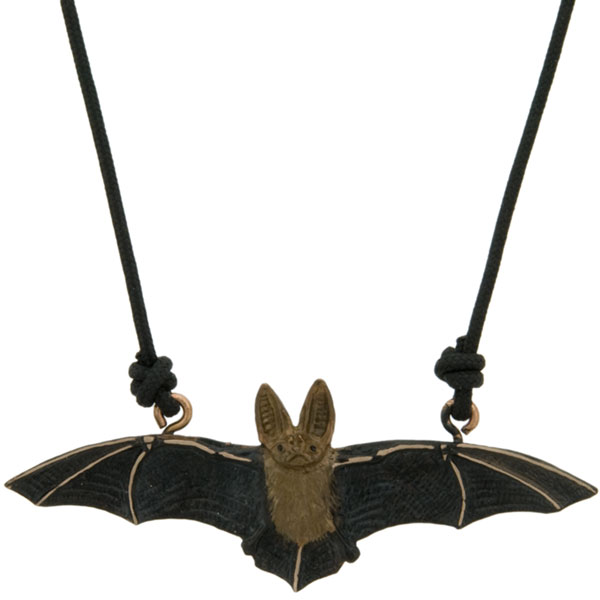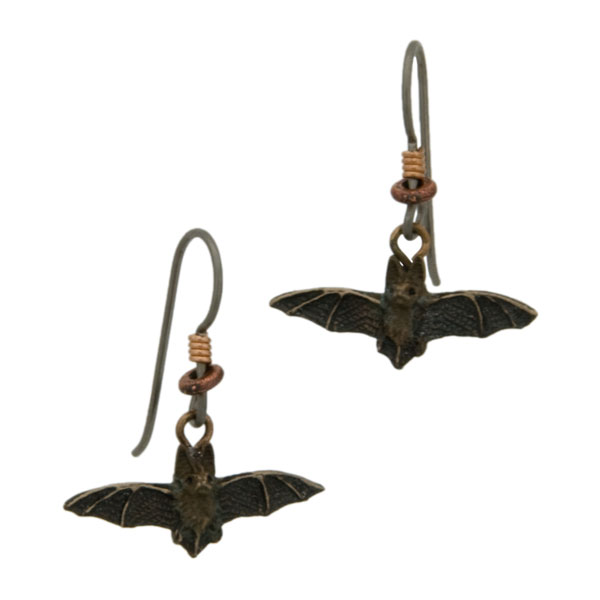One of our customers stopped by the store and posed for a picture. He’s wearing the Adventurer, but decided to have it bashed like the gunsmith Mike Brooks.
Mike Brooks was featured on the season of American Craftsman.

One of our customers stopped by the store and posed for a picture. He’s wearing the Adventurer, but decided to have it bashed like the gunsmith Mike Brooks.
Mike Brooks was featured on the season of American Craftsman.

If you are grasping for an idea this Valentine’s Day, we’ve got you covered. We have plenty of beautiful jewelry that you can find on our website.
Below are three of our most popular items. Pick one, or all three!
With the cold winter weather, many of you might be thinking of protecting your hands. You may need gloves for outdoor activities or just a pair for the car until it warms up.
Many gloves come in small, medium, large and extra large. It can be a shock when someone asks you what your fitted glove size is.
It’s easy to figure out. Be sure to use a cloth tape measure or a string that does not stretch. Wrap the tape around the widest part of your palm. The tape will be just above the connecting point between the thumb and the palm and to the widest part of the other side of the palm. Wrap it fully around your hand and tug it gently. Do not pull it tight. It should just fit as you would like your gloves to fit.

Where to measure your glove size.
You will get a measurement in inches. The most common range is from about 7 inches to 10 or 11 inches. Go up to the nearest half size.
LEARN MORE ABOUT:

One of our favorite places to advertise our Cavin Richie Wildlife in Bronze jewelry is Living Bird. It is produced by the Cornell Lab of Ornithology. The Autumn 2019 caught our attention with an article entitled, “3 Billion Birds Lost.”
According to research published online in September by the journal Science, wild bird populations in the continental U.S. and Canada have declined by almost 30% since 1970. While all six major biomes in the US saw a bird population decline, the largest percentage occurred in the grasslands, where there was a 53% decrease.
Click here for the article:
If you are interested in learning more, or making a donation, please visit Cornell’s Bird Lab homepage.
LEARN MORE ABOUT:
Working at David Morgan is really fun when we can put people together to solve problems and preserve history.
Because of my father’s work in the field of whips — which included writing the book Whips and Whipmaking — I occasionally field general queries regarding whips.
A few weeks ago I took a call from a Mr. Patt Patterson of Missouri who asked me if I knew anything about stage coach whips. He was writing a book on them. I told him no, nothing past what was in my father’s book. I offered to check David’s list of whips, I checked and found Dad had a couple of stage coach whips in his collection so I said I’d clean them up for him and send him photographs.
A few days later I took a call from Jimmy Wilson in Texas who was looking for someone to clean up and put new falls on his wife’s whips. His wife had been a Wild West arts performer in the fifties and sixties. Jimmy mentioned that, by the way, he ran a business building stagecoaches, see J Wilson Stage Coaches.
I introduced Patt and Jimmy by email and Patt is now busy fixing up the whips and has gained a friend in the world of stage coaches.
After receiving the performer whips, Patt mentioned that some of the whips were made by the J.M. Bucheimer Co. I found a Bucheimer catalog or three in David’s files that dated from the mid-sixties, when they were in Frederick Maryland. Included with the catalogs was correspondence from David where he mentioned that he was interested in buying the Drovers and Performers whips. He then bought a couple and responded they were advertised as 12 plait but arrived as 10 plait. Later Bucheimer catalogs described the whips as 10 plait. In 1967 the performer whips cost from $10.60 to $31.00 depending on their length, with extra long lengths available on special request.
The stage coach whips in David’s collection were labeled and measure as follows:
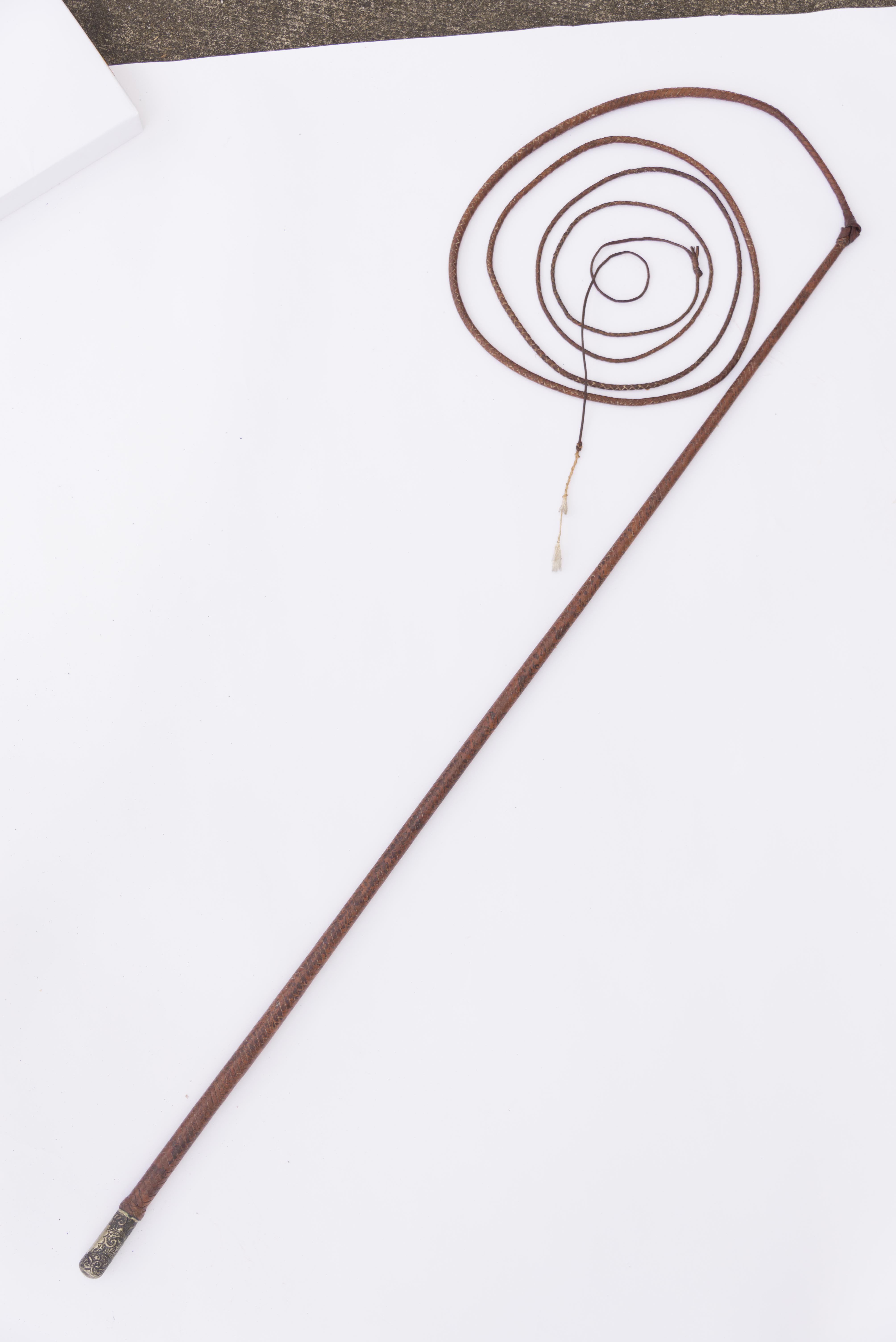
No. 94 Stagecoach Whip, Bert Hill, 1960s. He had made coach whips for Cobb & Co. 11′ thong 6 plait dropped to 4. 12 plait. Covered handle is about 54″.
( see https://en.wikipedia.org/wiki/Cobb_%26_Co )
No. 95 Stagecoach Whip Bert Hill, 1960s. 9′ thong 6 plait dropped to 4. 12 plait covered handle is about 53″. (No photo.)
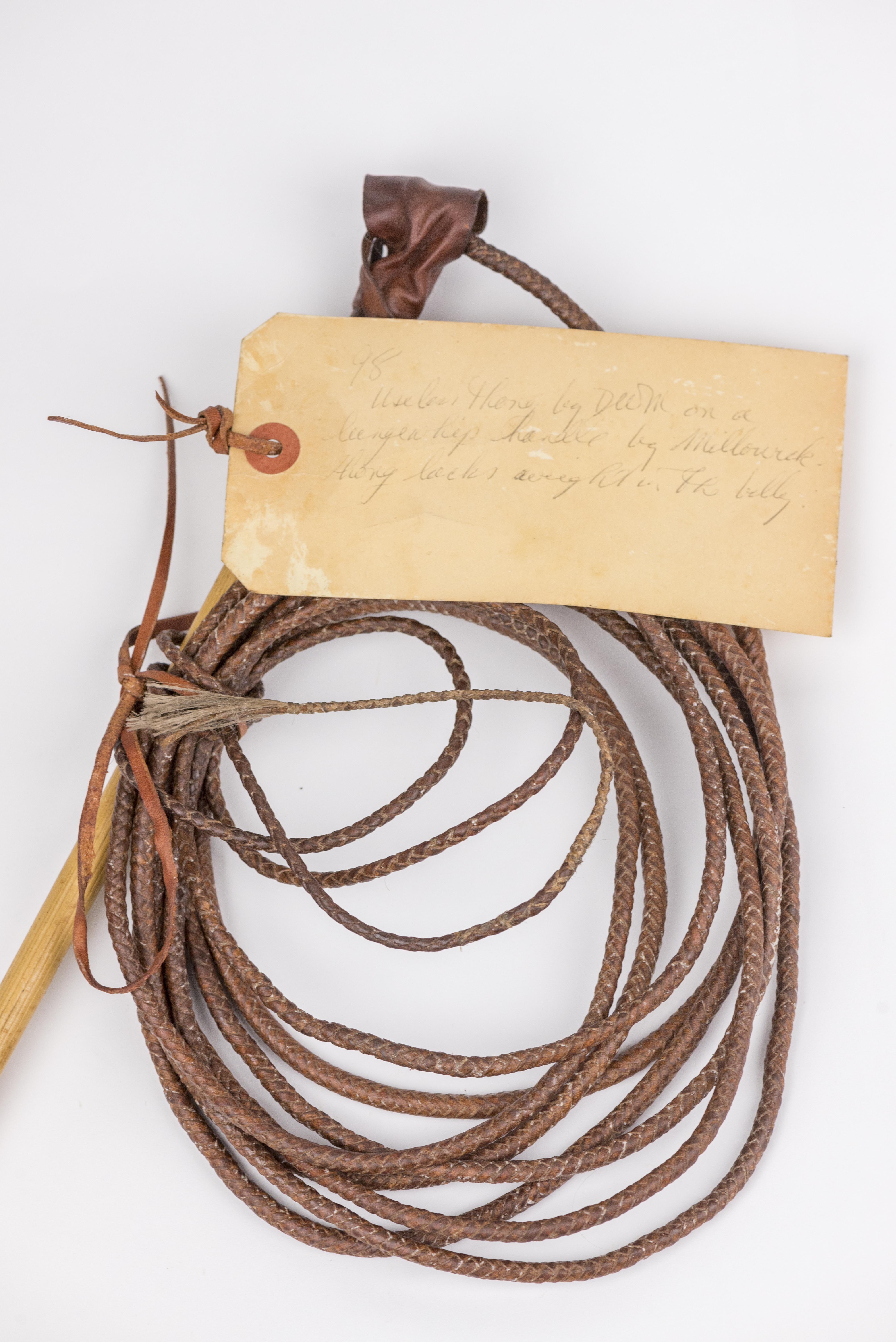
No. 98
Useless Thong by DWM on a Lungewhip handle by Millowick. Thong lacks weight in the belly. Handle is a bit under 50 inches.
It appears David had made an attempt at copying the stagecoach whip thong and failed. Thankfully David kept on trying his hand making hundreds of functional whips albeit not for stagecoaches.
Our best wishes to Patt and Jimmy’s respective and collective endeavors!
Will Morgan
Enjoy a few more photos below:

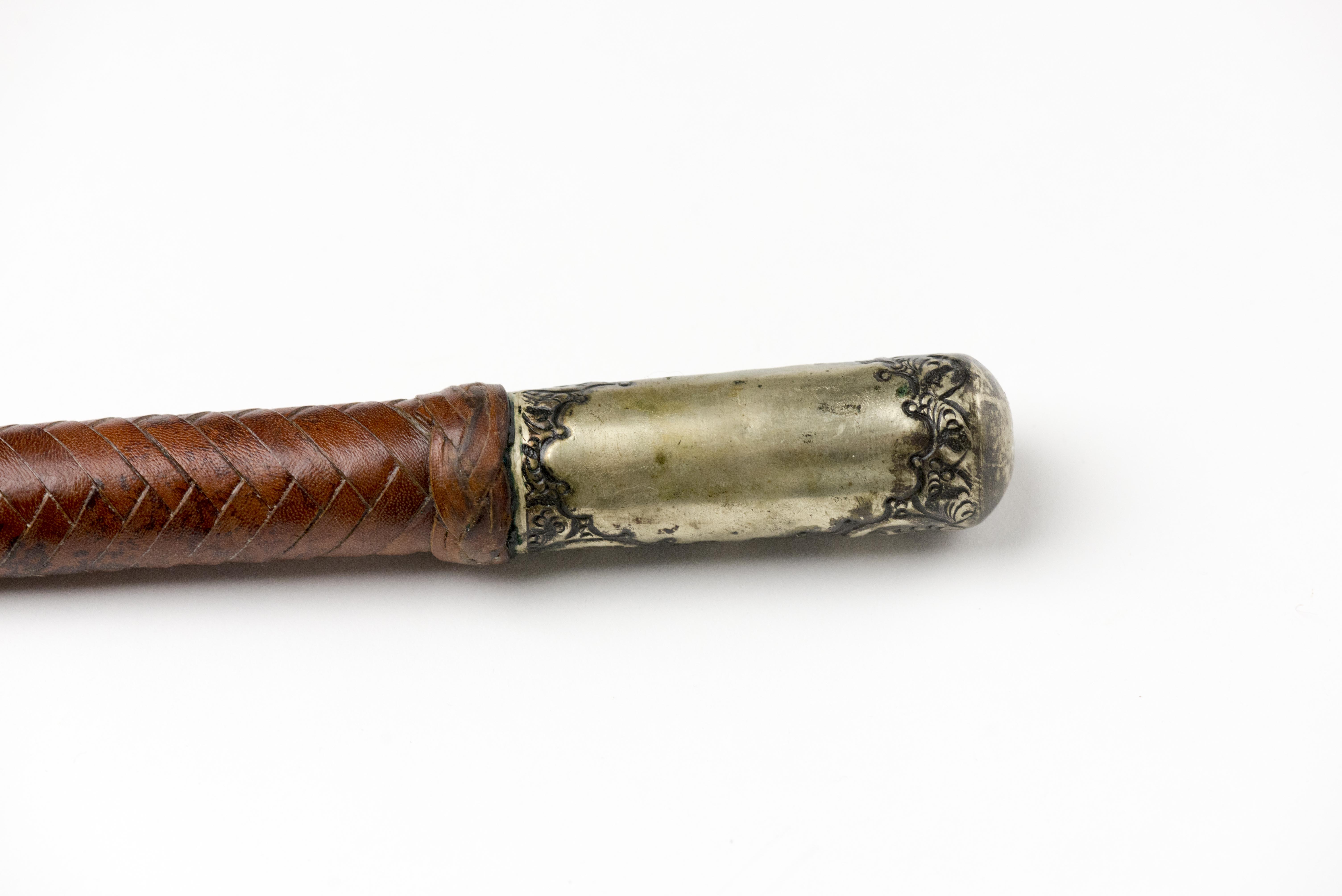
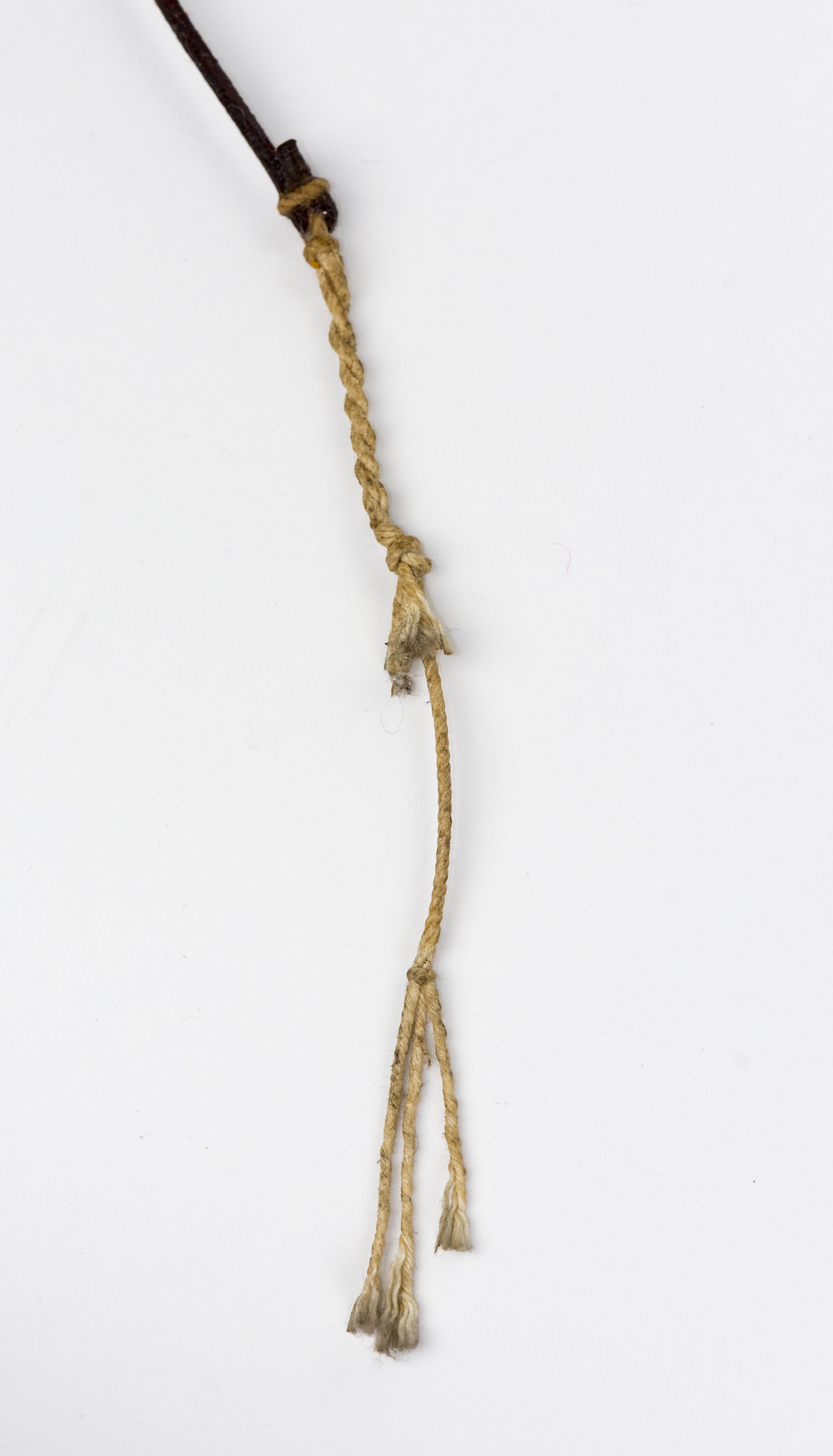
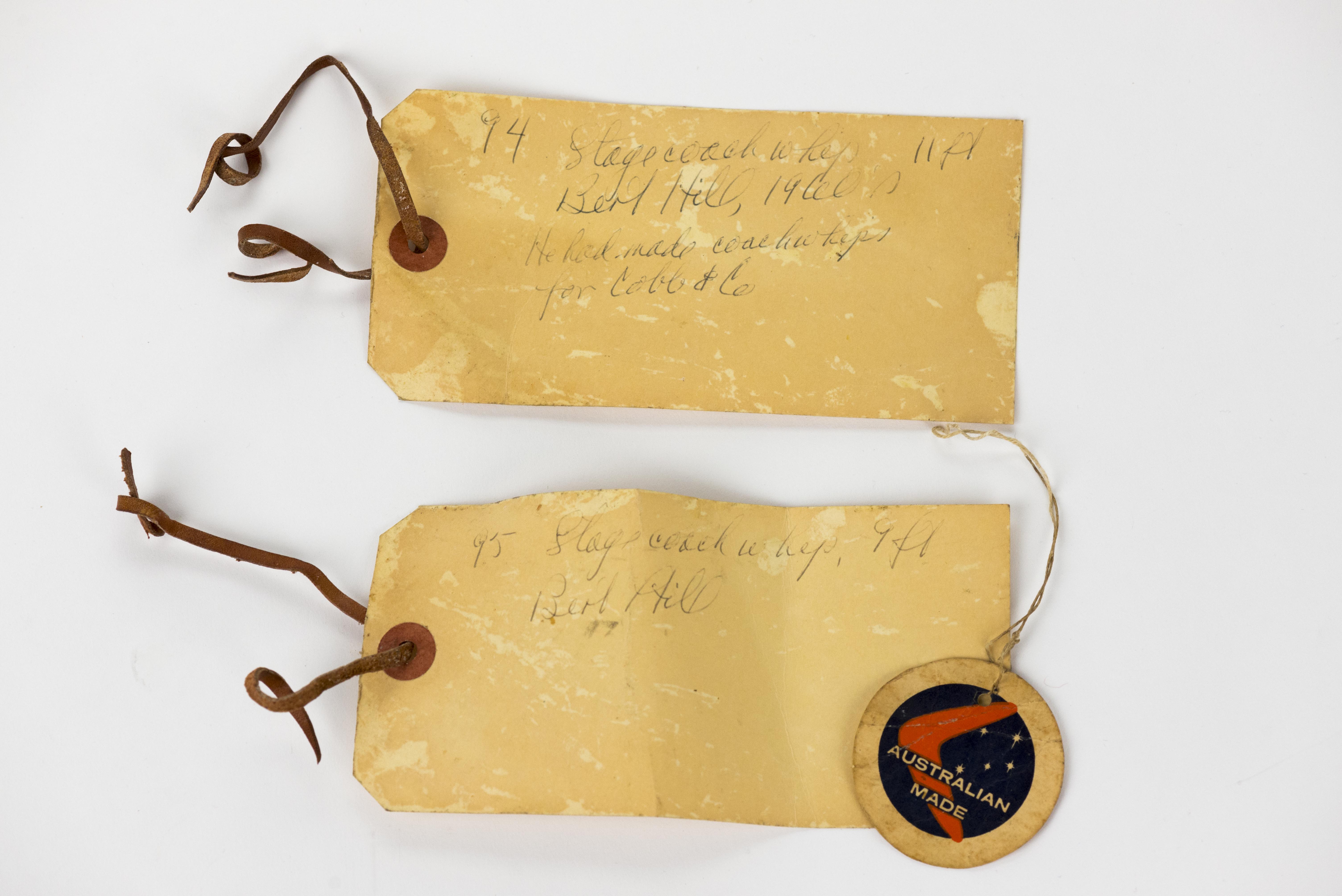

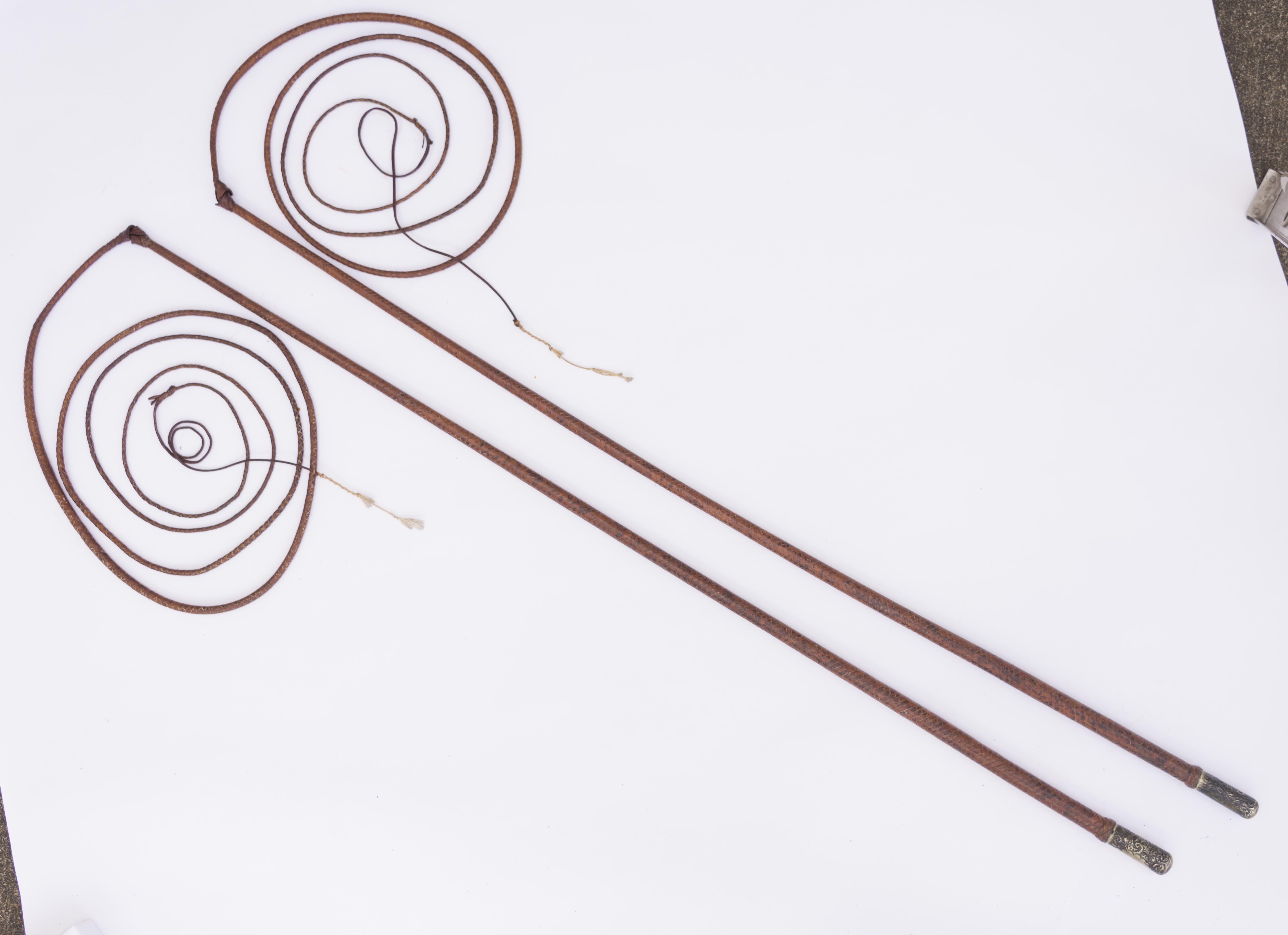
As recently featured in Bat Fancy Magazine (Ok, not really), Cavin Richie’s Long-Eared Bat jewelry makes a perfect addition to a Halloween costume. Cavin’s talent for details brings out many fine features of the bat, especially the wings and the ears. We carry the long-eared bat as a pendant or as a set of earrings.
This jewelry is great for any lover of bats. These remarkable creatures help us by consuming insect pests. A bat house is a way to keep bats out of our own homes yet allow them to live in our neighborhood.
LEARN MORE ABOUT:
For those who would like to know more about Akubra, we’ve uploaded their latest newsletter for you to read. Topics include: solar panels and LED lighting added to the facility; Pope Francis receives an Akubra, and Mick Fanning, three time world champion surfer drops in.
Read the newsletter here. A pdf will open in your browser.
We have received news that Phillip Hawk, the craftsman behind our bridle leather belts has passed away.
As an expert saddler/shoe maker, Phillip made our belts for many years, before passing the tradition on to Danny Whitaker. We were always proud of the extreme care and workmanship he put into each belt.
Please read this blog post if you would like to know more about Phillip.
Our condolences to the family.
When you look carefully at the stills of different Indiana Jones movies, you’ll see that Indy’s iconic hat looks a bit different in each movie. The crown might be slightly higher in one, or the brim a tiny bit narrower. Sometimes the felt is thicker, and sometimes it’s a different shade of brown.
In fact, these details are important enough to warrant an entire page to the iconic Indy Hat. Visit IndyGear to get all of the details.
When we first began to sell the Adventurer, we needed to come up with a style for our Indy Bash. Most people want the look from the original “Raiders” movie, so that is what we chose. The front pinch is very tight and extends down the length of the crown. The top has a steep center crease and the brim is slightly curved on the side.
We offer the Indy Bash for an additional $20.00 with the purchase of the hat.
Here are a few pics to show the detail.

Adventurer with Indy Bash, Front View

Adventurer with Indy Bash, Back View

Adventurer with Indy Bash, Side View

Adventurer with Indy Bash, Top Front View
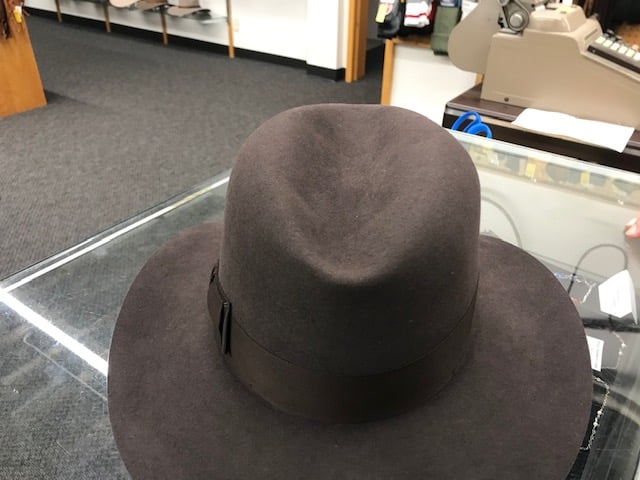
Adventurer with Indy Bash, Top Back View
LEARN MORE ABOUT:



